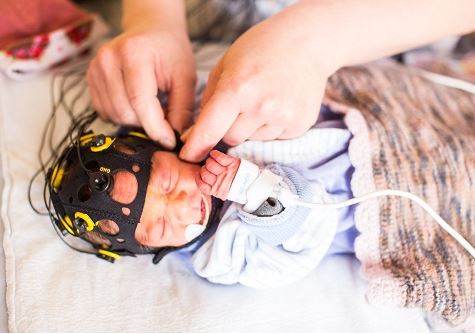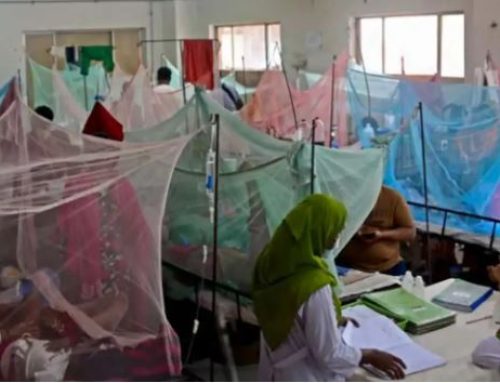Project Description
Author: Akter et al.
Summary:
Neonatal seizures can lead to long-term neurodevelopmental problems. This study aims to identify predictors of poor developmental outcomes in neonates with seizures to aid in early intervention and referral for follow-up and rehabilitation.
This observational study was conducted in the Department of Neonatology and Institute of Paediatric Neurodisorder, Bangabandhu Sheikh Mujib Medical University. Among 75 study cases of neonatal seizure, 23 died, and 46 were follow-ups at 6 and 9 months after discharge. EEGs were performed on every patient with a comprehensive neurological examination and developmental evaluation using Bayley Scales of Infant and Toddler Development, Third Edition (Bayley III).
Three-fourths of neonates were born at term (76.1%), and over half were male (56.5%). The majority were appropriate for gestational age (79.7%) and had an average birth weight of 2607±696 grams (±SD). Over half of the neonates (52.2%) had adverse neurodevelopmental outcomes, with global developmental delay being the most common. Recurrent seizures, the number of anticonvulsants needed to control seizures, and abnormal Electroencephalograms were identified as independent predictors of adverse neurodevelopmental outcomes.
The study highlights the need for early referral for follow-up and rehabilitation of neonates with seizures having abnormal electroencephalograms, recurrent seizures and requiring more anticonvulsants to control seizures.
Status: Ongoing
Full text link: Not available



